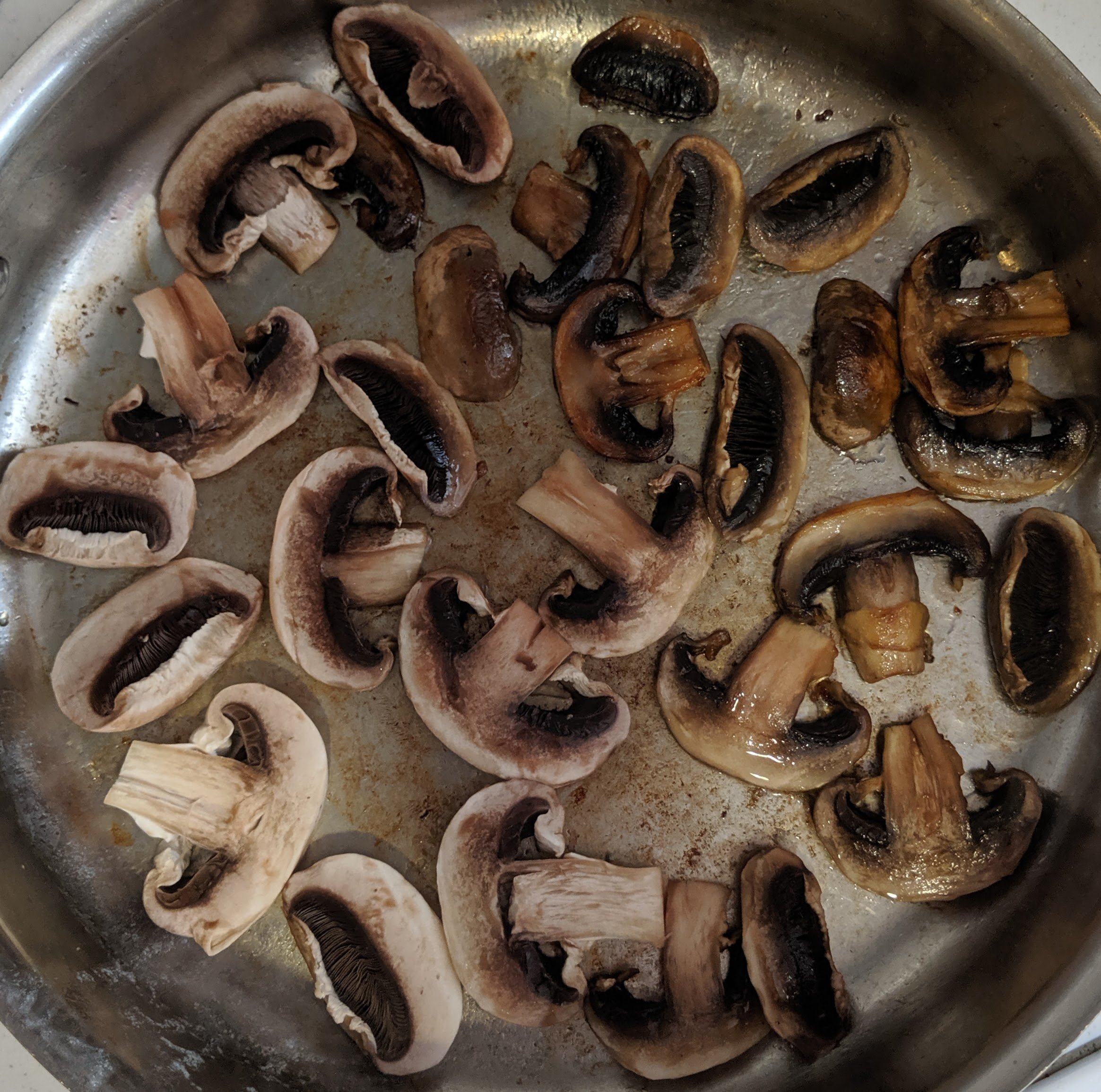How and Why Preparation Matters with Mushrooms
If you’re looking for a tasty and nutritious way to get some extra vitamins and minerals into your daily diet, mushrooms are a great option to consider. Depending on their preparation method, whether cooked and eaten, taken in powdered extract or tincture form, or prepared as a tea, there will be a significant difference in nutritional content. Keep reading to discover the nutrition you can obtain from each preparation style.
Cooked mushrooms are a great source of protein, fiber, and essential vitamins and minerals such as vitamin B, selenium, potassium, and copper. They are also low in calories and contain no fat or cholesterol. Eating mushrooms can help you to meet your daily nutrient requirements, and many mushrooms, like shiitake and maitake, contain compounds that may help boost your immune system. Cooking mushrooms (boiling, steaming, baking, sauteing, or stir-frying) is an excellent way to activate their medicinal compounds, because the addition of heat breaks down certain molecular bonds, and will allow for the immunomodulating, anti-inflammatory, and antioxidant effects of the mushroom to be released.
Heating mushrooms is a great way to access the minerals and the beta-glucans contained in them. Heating mushrooms will also give you access to the compounds that have anti-cancer properties, like polysaccharides and triterpenoids, which may inhibit tumor growth through anti-tumor activity. Extracts and tinctures, to start, involve multiple styles and options. Beta-glucans, which are found in all species of mushroom, are not readily extracted in alcohol. Beta-glucans are compounds that stimulate immune system function and may also promote metabolism of fats in the human body. Double extraction mechanisms can readily extract the diterpenes and triterpenes which, and these compounds are also made accessible with hot water.
Mushroom tea is made from steeping or simmering dried mushrooms in hot water. This process is known as a decoction. A decoction not only extracts the flavor of the mushrooms, but it also helps to release the water-soluble, beneficial compounds found in mushrooms such as the polysaccharides and terpenes. It is recommended to steep mushroom tea for at least sixty minutes in Traditional Chinese Medicine and this simple and timeless process of tea making makes compounds like the beta-glucans bioavailable. Drinking mushroom tea can provide you with antioxidants, help to reduce inflammation, and can even help to protect against certain cancers.
A potential advantage of drinking mushroom tea is that it may be easier for some people to digest than whole mushrooms. The boiling water used to make the tea can help to break down the mushroom's tough cell walls, making the nutrients more readily available for absorption. In addition, some people may find the earthy flavor of mushroom tea more palatable than the taste of mushrooms themselves. Zoom Out Mycology creates several different tea blends that contain fruit and other natural additives to enhance the flavoring of mushroom tea. Mushroom tea is also more palatable than tinctures or extracts, and the ritual of tea-drinking is an entire experience in itself. Mushroom tea is also a more accessible way to gain the benefits of mushroom ingestion, because all it requires is a tea strainer; extracts and tinctures require specific knowledge in order to be effectively dosed and prepared.
Image Reference
Wikimedia Creative Commons
References
Gorzynik-Debicka, M., & Debicki, P. (2018). Heat Activation of the Biological Activity of Medicinal Mushrooms. International Journal of Molecular Sciences, 19(2), 632.
Chang, H. C., Wu, C. C., & Chen, Y. (2005). Polysaccharides, triterpenes and erinacines: Bioactivities and therapeutic potentials of medicinal mushrooms. Life Sciences, 78(15), 1719-1729.
Petronelli et al, 2009. “Triterpenoids as new promising anticancer drugs.” Anti-Cancer Drugs. https://journals.lww.com/anti-cancerdrugs/Fulltext/2009/11000/Triterpenoids_as_new_promising_anticancer_drugs.4.aspx
Rop et al, 2009. “Beta-glucans in higher fungi and their health effects.” Nutrition Reviews. https://academic.oup.com/nutritionreviews/article/67/11/624/1850752t



